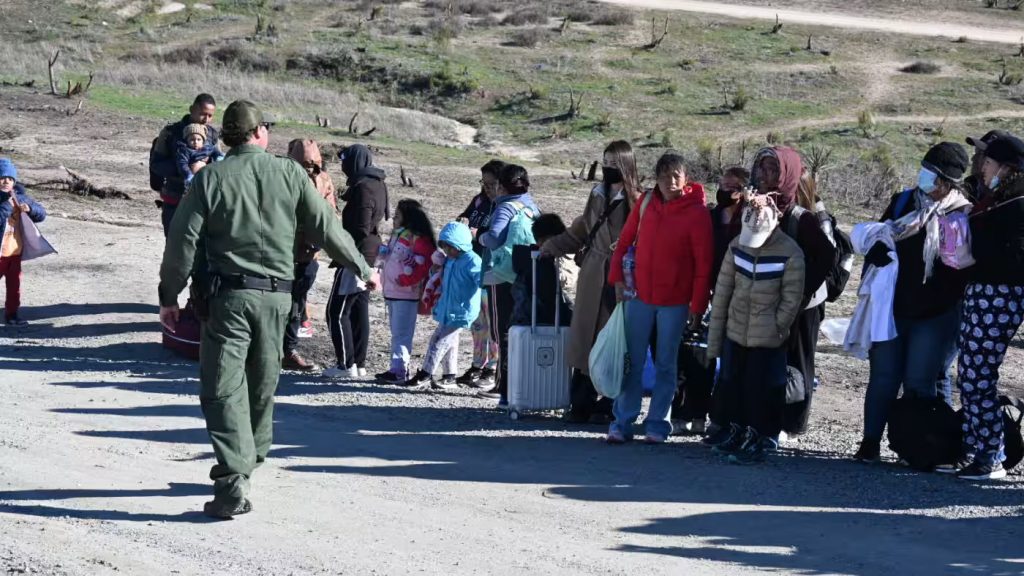A surge of Chinese nationals is embarking on hazardous journeys to the United States, seeking refuge from a combination of economic hardships and tightening government control in their homeland. Driven by the allure of social media and the perception of America as a land of opportunity, many are risking their lives to make the journey.
Among these migrants is 24-year-old Guo, a former factory worker who traveled from Shenzhen to Ecuador, taking advantage of visa-free entry for Chinese citizens. From there, he navigated through Colombia and the perilous Darien Gap into Panama before finally reaching California. Despite the challenges and dangers, Guo and others like him remain determined to find a better life in the US.
The number of Chinese migrants arriving at the US-Mexico border has surged, with over 19,000 arrivals recorded between October and January, a stark increase from just 55 in 2021. This demographic is now one of the fastest-growing groups of border crossers, leveraging southern entry points due to difficulties in obtaining US visas. Remarkably, their asylum approval rate exceeds 50%, far higher than that of Mexican migrants.
Social media platforms, particularly TikTok, play a significant role in facilitating and promoting these journeys. They provide valuable information and advice on transit methods and routes, although some content also references bribery expectations in certain countries. With limited access to alternative sources of information in China, many young people trust these platforms implicitly.
The economic downturn in China, marked by soaring youth unemployment and diminishing opportunities, is a key driver pushing more individuals toward migration. Additionally, President Xi Jinping’s tightening grip on dissent and political freedoms is prompting further disillusionment and prompting many to seek refuge elsewhere.
For Guo and others like him, the decision to leave their families behind and embark on this journey is fueled by a desire for freedom and prosperity. Despite the risks of deportation and uncertainty about their future, they remain hopeful that the promise of a better life in the US will outweigh the challenges they face along the way.


